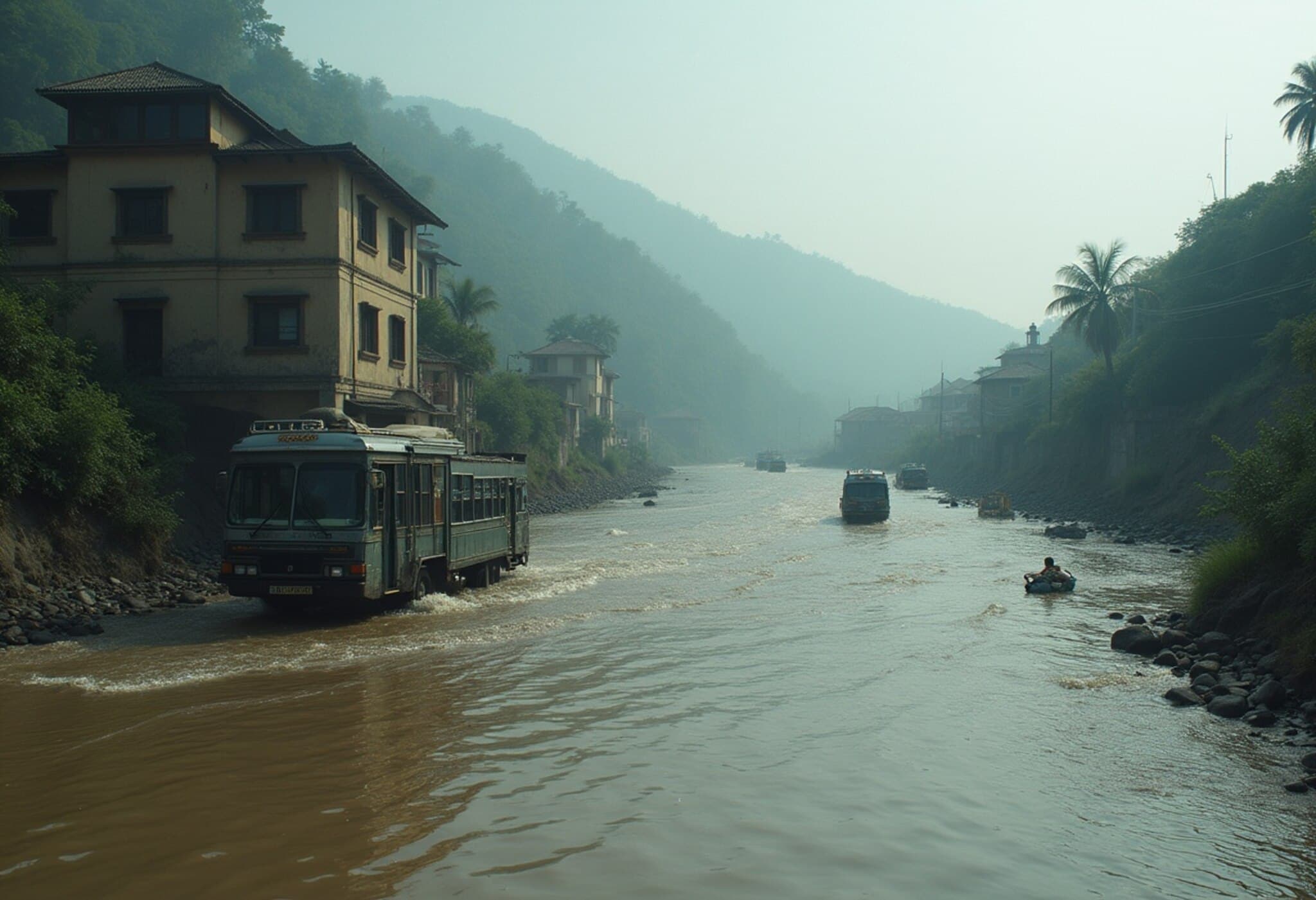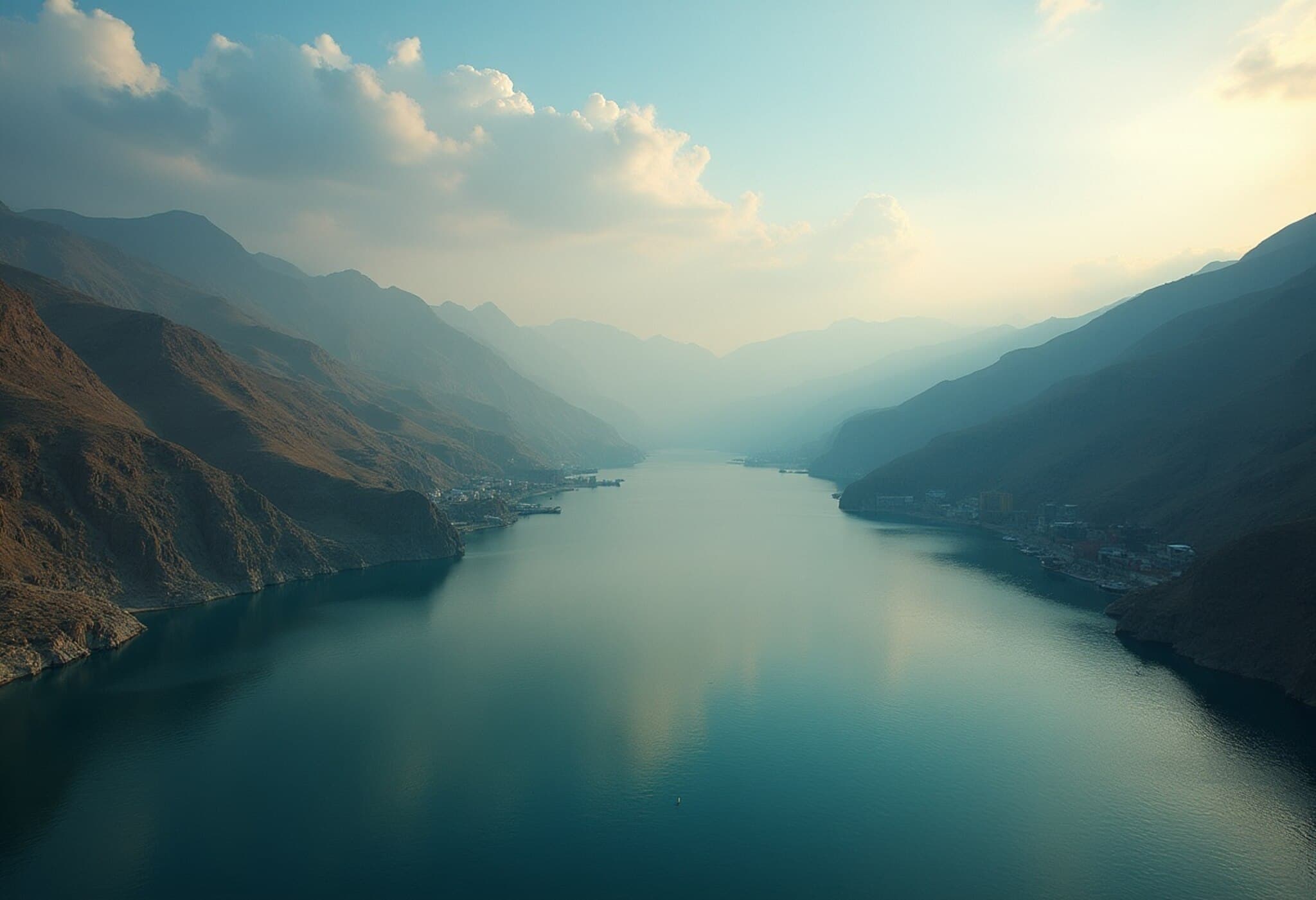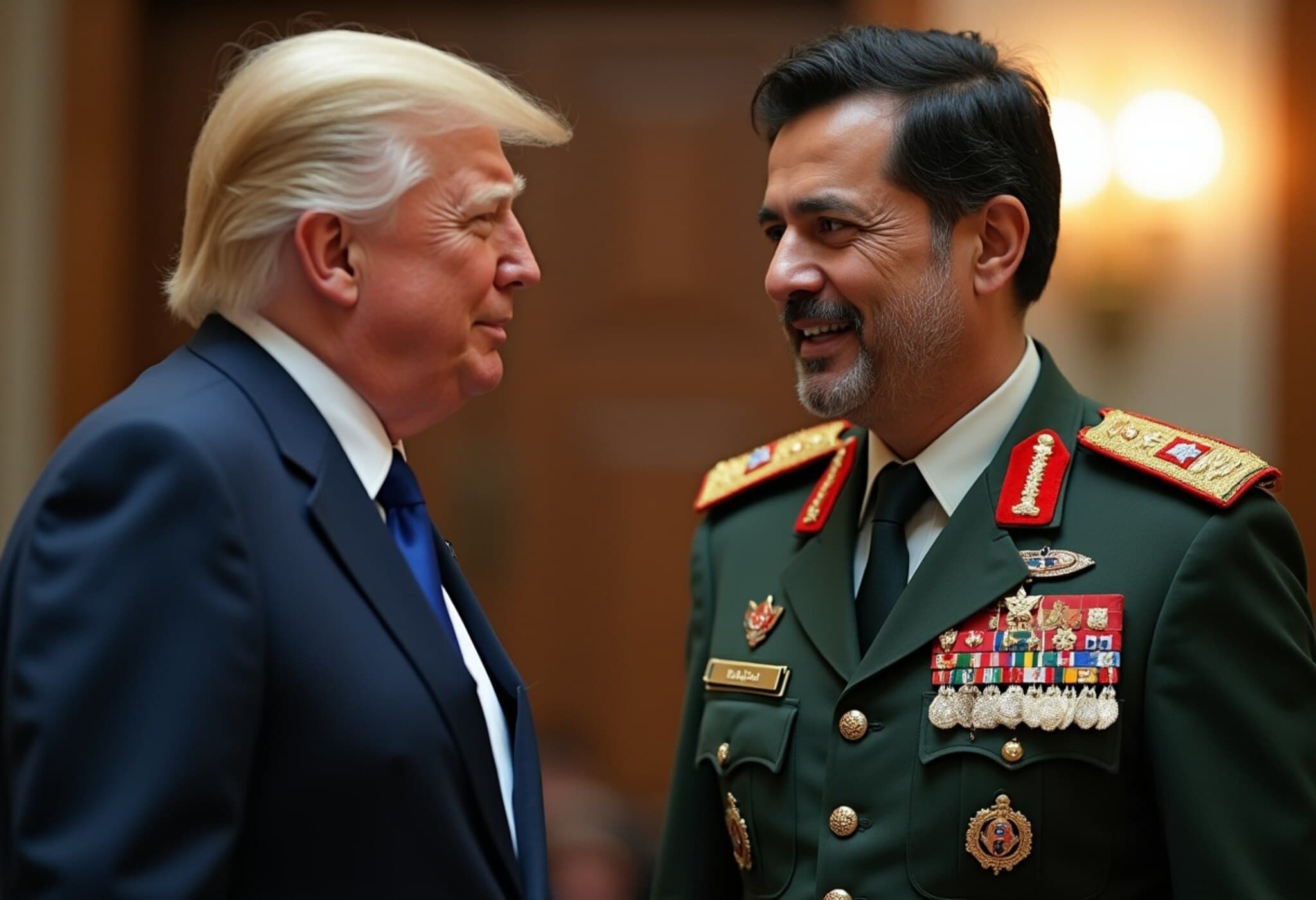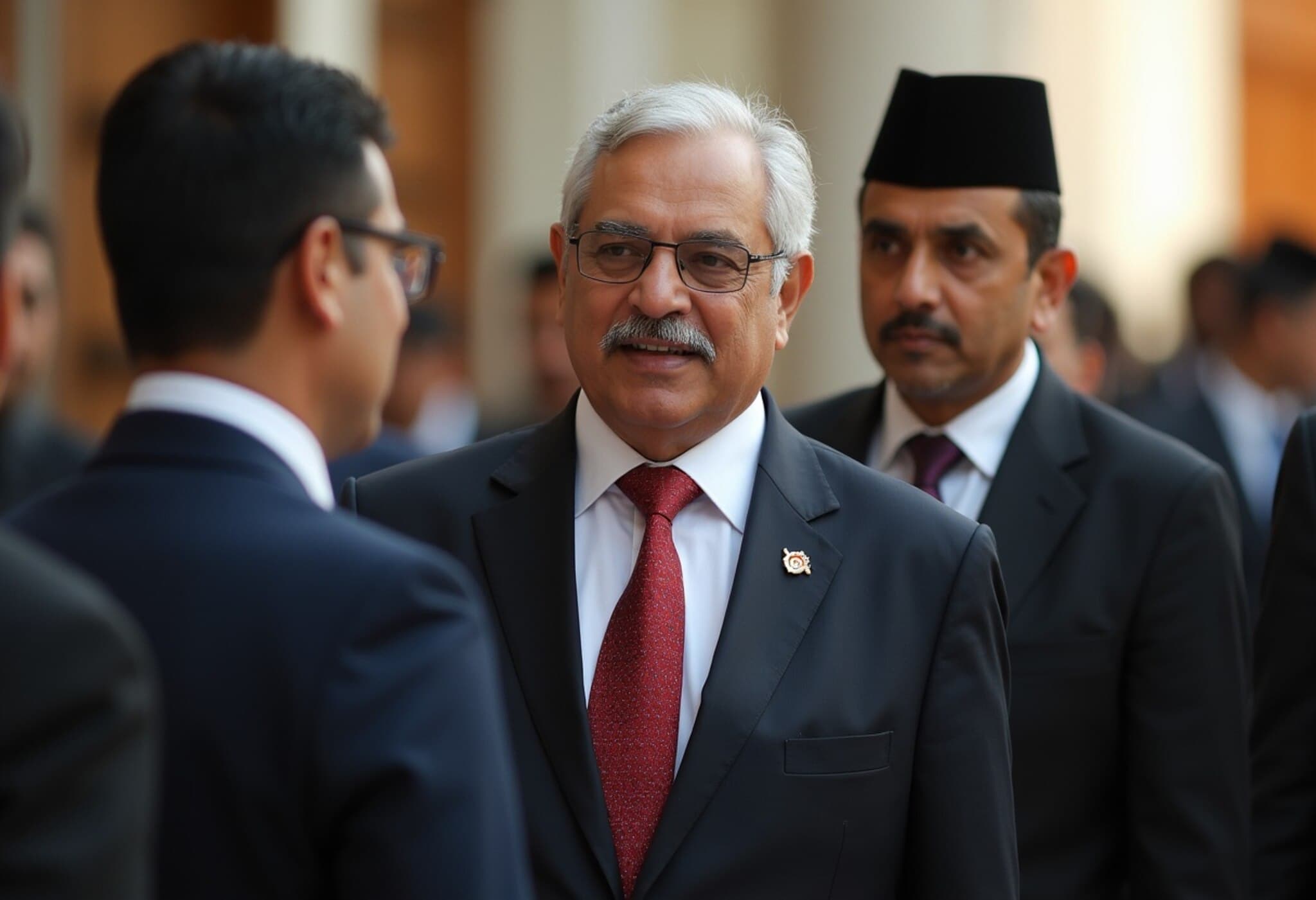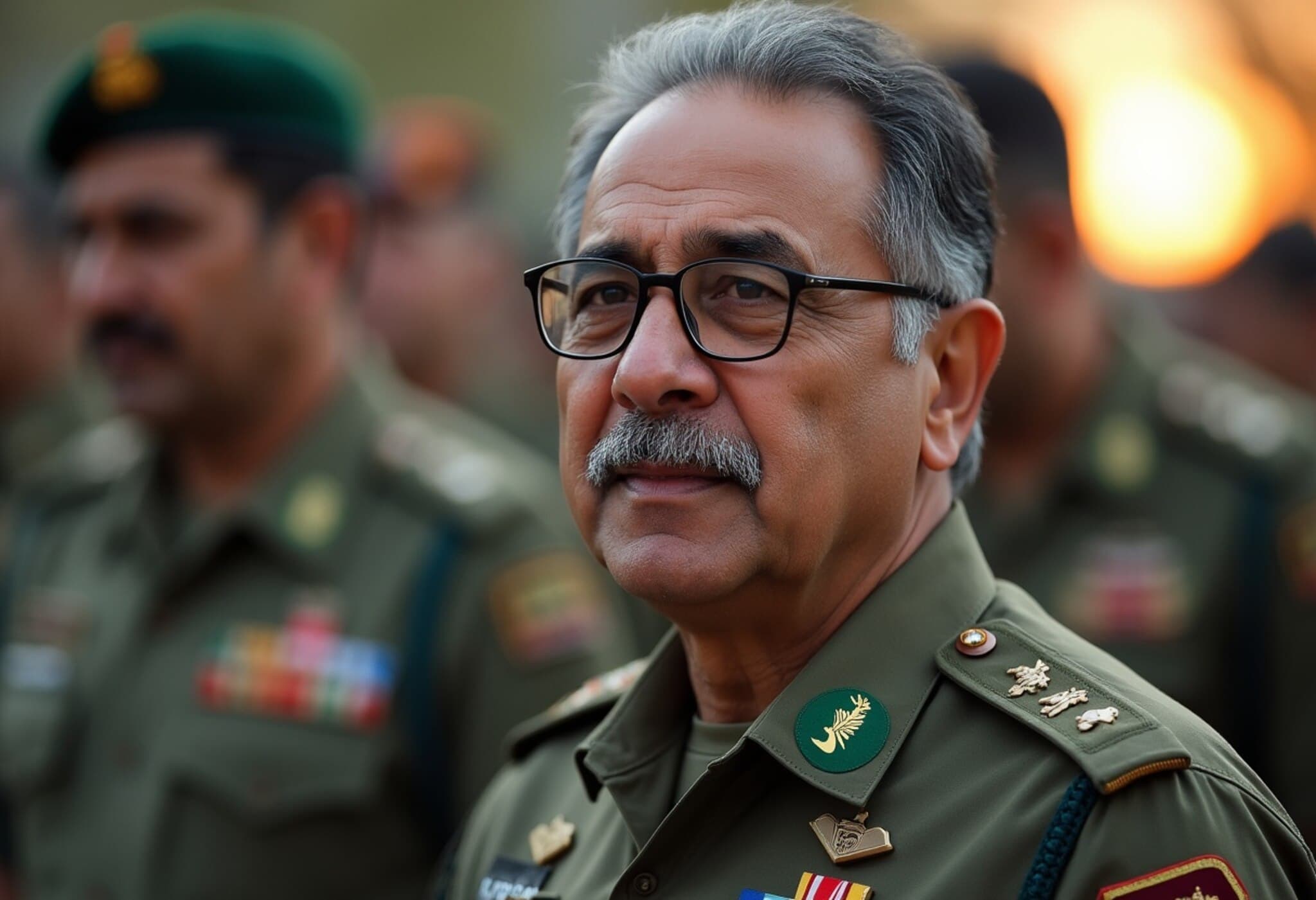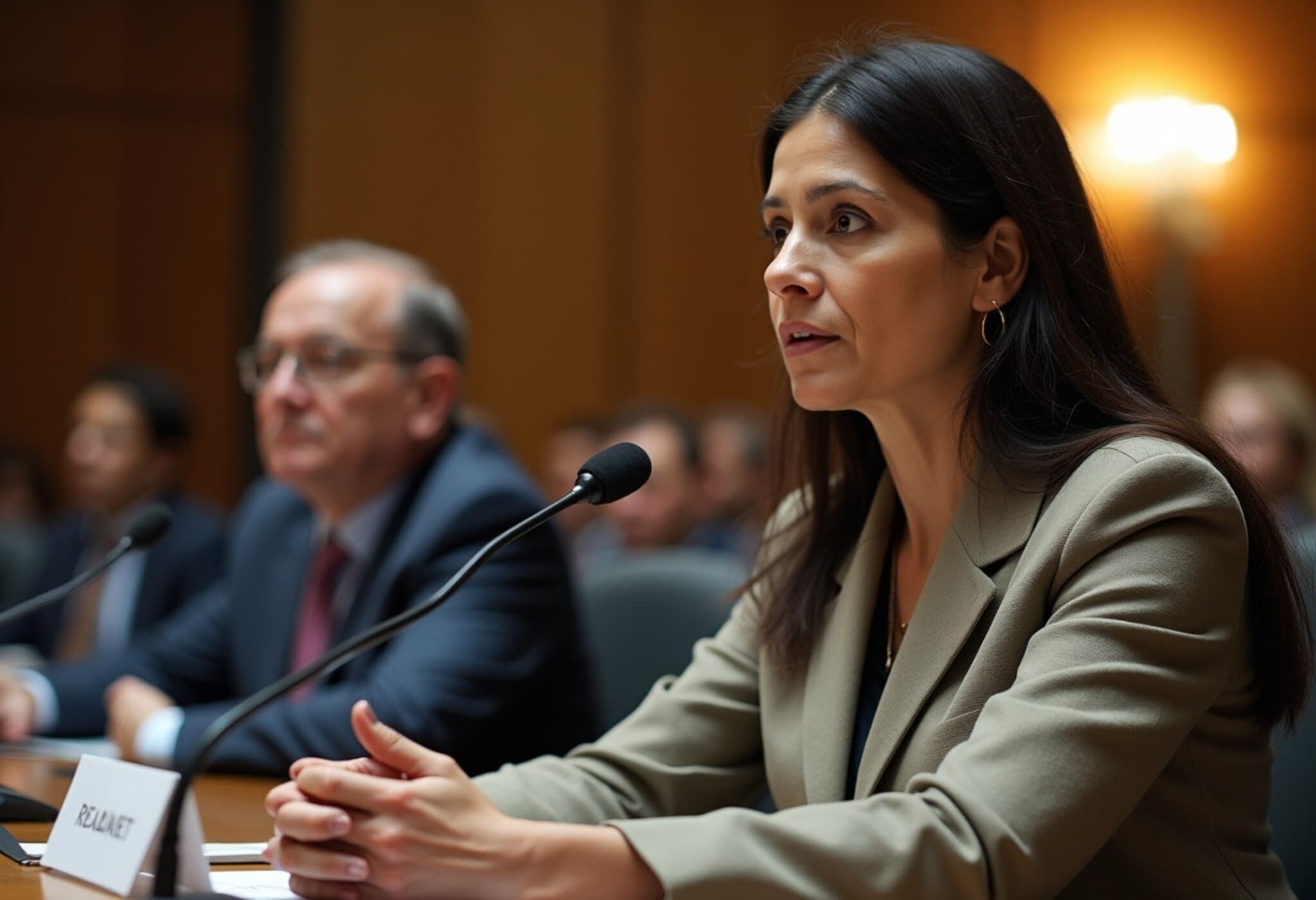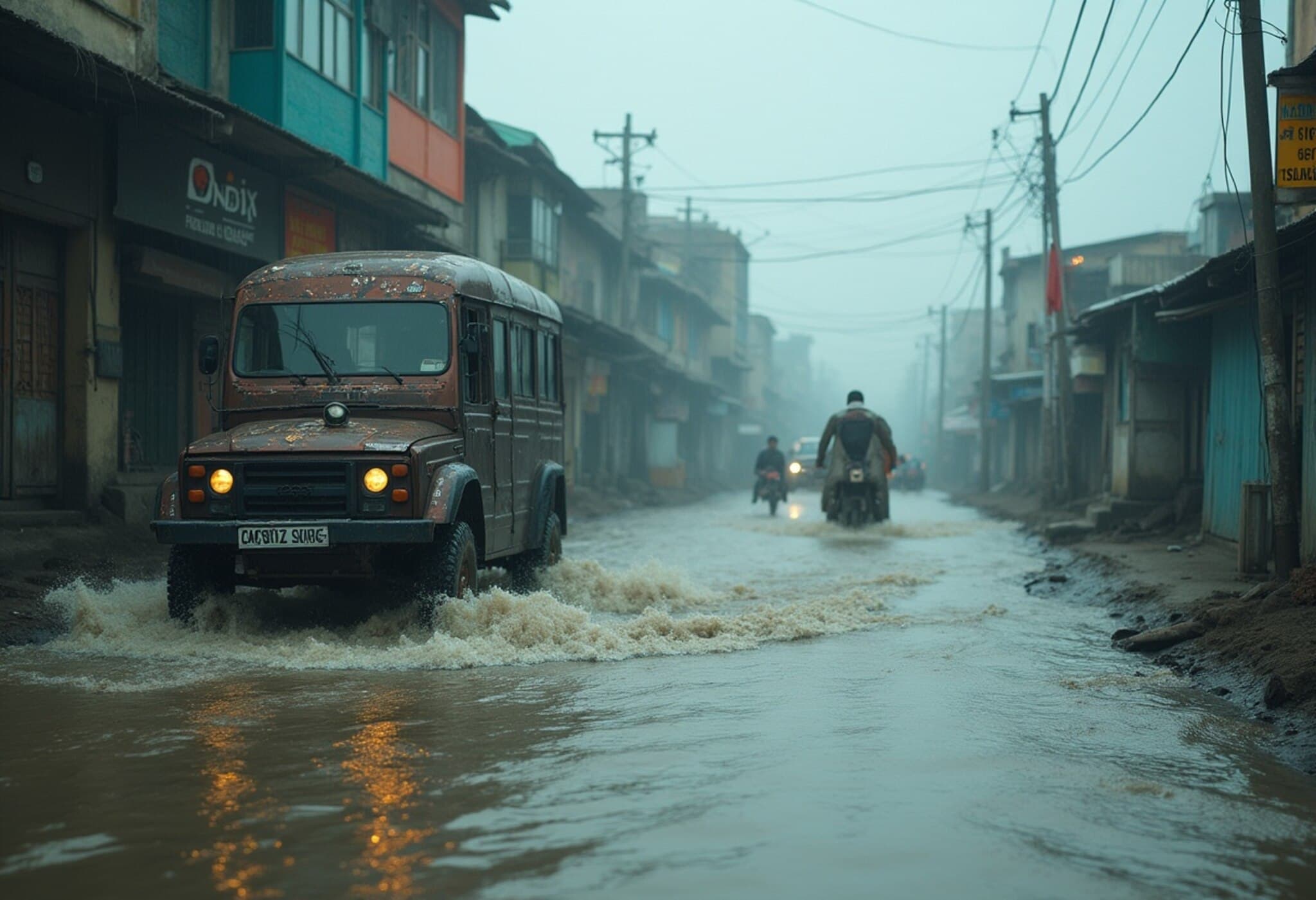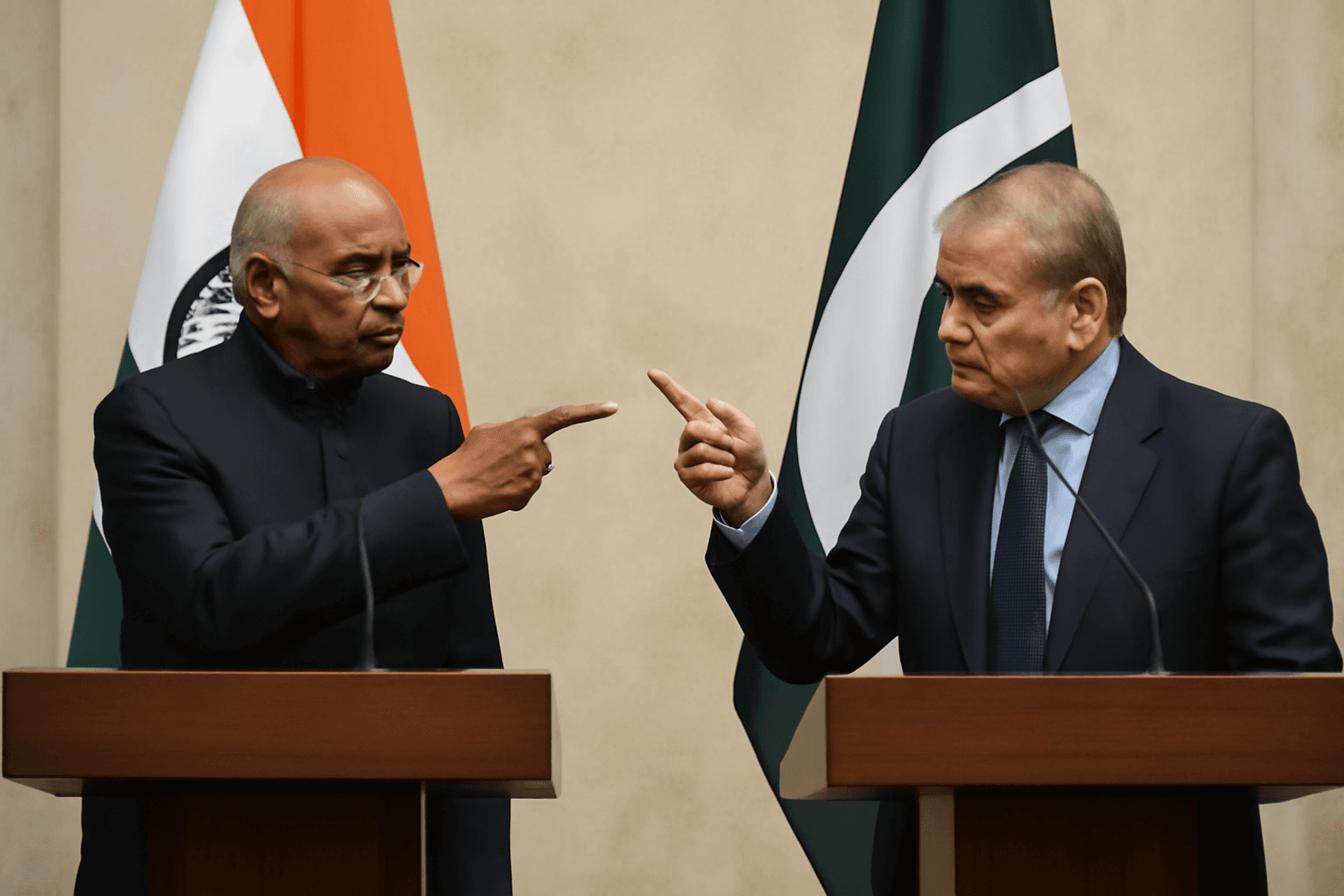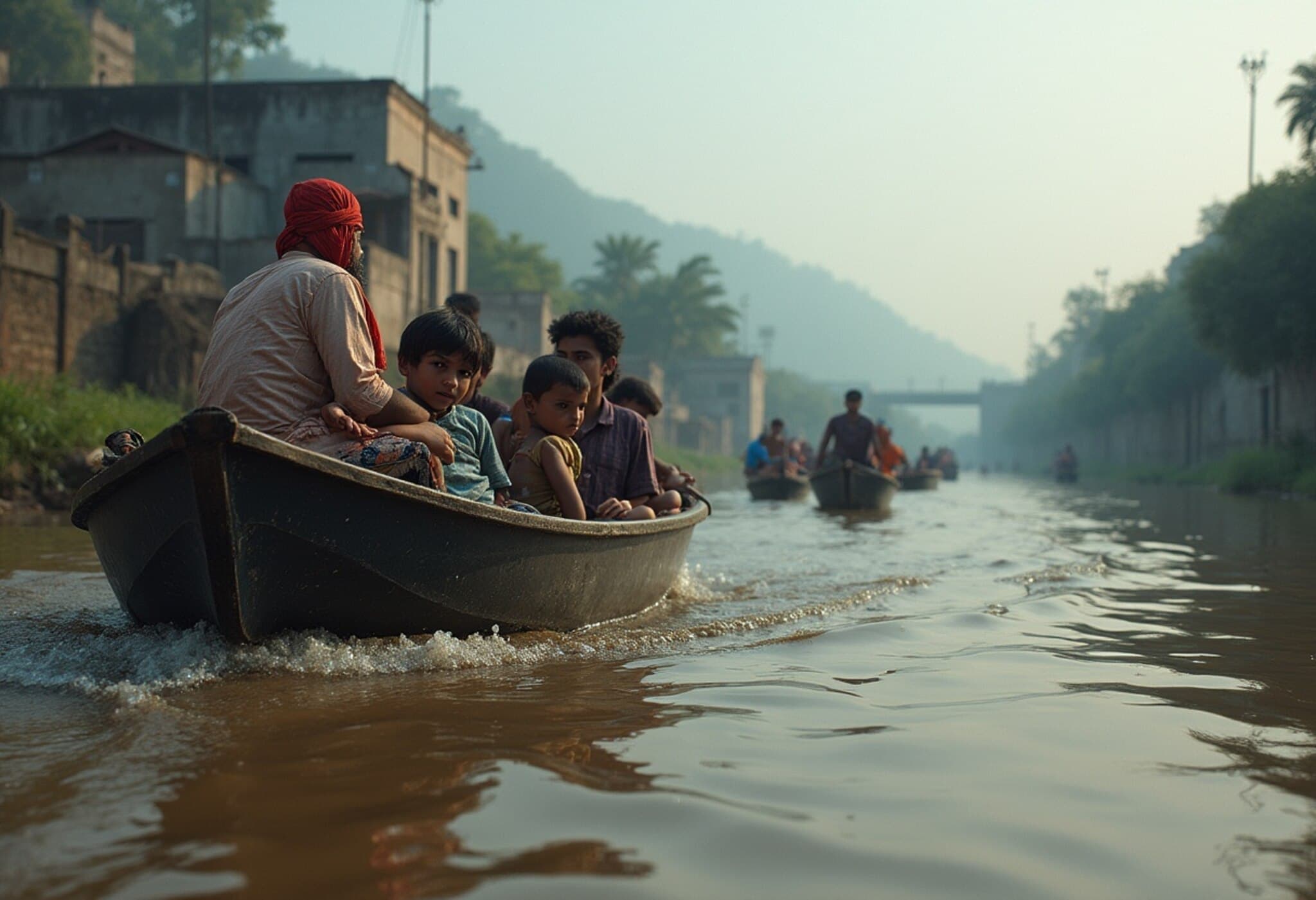Pakistan PM Shehbaz Sharif Issues Stark Warning to India Over Indus Waters Treaty
In a heated escalation over the vital Indus Waters Treaty (IWT), Pakistani Prime Minister Shehbaz Sharif has delivered a firm warning to India against any attempts to disrupt water flows guaranteed under the decades-old accord. Speaking at an event in Islamabad, Sharif stressed that even a single drop of water would not be allowed to be taken from Pakistan, pledging a "decisive response" if India moves to cut off water supplies.
Context: Rising Hostilities and Water Security Concerns
Sharif's remarks come against the backdrop of rapidly heightened tensions between the two nuclear-armed neighbors following India's decision to suspend the IWT after a deadly terrorist attack in Kashmir in April 2025. India accuses Pakistan of complicity in cross-border terrorism, while Pakistan vehemently denies these claims. The 1960 treaty, brokered by the World Bank, is critical to managing one of the world's largest transboundary river systems, allocating eastern rivers primarily to India and western rivers to Pakistan.
Strong Voices from Pakistan's Political and Military Leadership
Sharif's warnings echoed earlier statements by Pakistan's Field Marshal Asim Munir and former Foreign Minister Bilawal Bhutto-Zardari, both of whom framed the Indus river system as more than mere water resources—as symbols of national identity, culture, and sovereignty.
- Bilawal Bhutto-Zardari condemned India's move as an "attack on the Indus Valley civilisation," emphasizing the river's deep cultural significance amid Pakistan’s provincial diversities.
- Field Marshal Munir, speaking from Tampa, Florida, threatened to destroy any Indian dam with missile strikes, invoking nuclear deterrence rhetoric to underscore Islamabad’s resolve.
India’s Firm Response and International Implications
The Indian Ministry of External Affairs (MEA) swiftly condemned Munir’s nuclear-tinged threats, labeling Pakistan as an "irresponsible state with nuclear weapons." The MEA reaffirmed India's commitment to national security and rejected Pakistan’s attempts at nuclear brinkmanship as unproductive and reckless, especially given the sensitive nature of water diplomacy and regional stability.
Expert Insights: Water Diplomacy Amidst Geopolitical Rivalry
The Indus Waters Treaty remains one of the few successful examples of sustained cooperation between India and Pakistan despite decades of conflict. Water is not just a resource but a lifeline for both countries—especially Pakistan, where approximately 90% of water-consuming agriculture depends on these rivers. Experts warn that disrupting this treaty could have dire humanitarian and economic consequences, exacerbating water scarcity, impacting millions of people, and risking a broader conflict.
From an American geopolitical perspective, Pakistan’s military rhetoric, particularly from a venue like the United States, highlights the complex interplay of diaspora influence, bilateral ties, and global strategic interests. U.S. policymakers have often encouraged both countries to maintain dialogue over water and security issues, given the region’s criticality to global stability.
Critical Questions Moving Forward
- Can diplomatic channels around the Indus Waters Treaty be revived to de-escalate tensions?
- What mechanisms exist, or can be strengthened, to ensure water security without triggering conflict?
- How might international mediators assist in preserving this treaty while addressing legitimate security concerns?
- What role do environmental factors and climate change play in intensifying water disputes between nuclear-armed neighbors?
Conclusion
The verbal brinkmanship between Pakistan and India over the Indus Waters Treaty underscores how intertwined water rights and national security have become in South Asia. While the rhetoric grows increasingly fierce, the stakes for millions reliant on these rivers remain critical. Moving from sabre-rattling to sustained dialogue is essential to avoid humanitarian crises and maintain regional peace.
This unfolding crisis over one of the world’s most vital river systems serves as a potent reminder that water diplomacy is inseparable from geopolitical realities. Readers should consider how water scarcity, environmental stress, and historical grievances converge to create complex challenges that transcend bilateral disputes. Staying informed and supporting dialogues that prioritize people’s access to natural resources can contribute to peace and stability in this volatile region.


